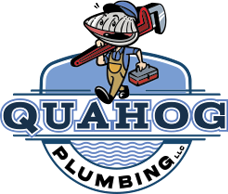How to Respond to Gas Line Leaks
Gas leaks are among the most stressful problems homeowners can face. Unfortunately, not knowing what to do in this situation makes things worse and more dangerous. There are a few things that people should know about natural gas leaks. Here is a quick guide to recognizing the signs of gas leaks, their dangers, and what to do once one is noticed.
Signs of Gas Leaks

- The bad odor: While natural gas is odorless, special chemicals are added to make it smell like rotten eggs to help alert people to a gas leak.
- Dying or wilted plants: Gas leaks can also cause houseplants or grass and plants in portions of the yard near the gas line to wilt or die.
- Unusual Sounds: Natural gas leaks can cause a whistling or hissing sound.
Responding to Gas Line Leaks
If a gas leak is noticed, knowing how to respond is essential. Quick action should be taken. First, everyone should vacate the home and area. While leaving the home, everyone should be sure not to do anything that could cause a spark or flame, including using lights, cell phones, and electronics.
Once everyone is at a safe distance from the property, the gas company should be notified, and a plumber should be called for gas leak detection and gas leak repair. Using specialized detection equipment, they can pinpoint the location of the gas leak and make immediate repairs, making the home safe again.
Dangers of a Natural Gas Leak

- Headaches
- Dizziness
- Fatigue
- Lightheadedness
- Difficulty breathing
- Nausea
- Flu-like symptoms
- Pale skin or blisters
Considering the dangers associated with a gas leak, homeowners should be aware of the signs of a gas leak and respond correctly.
About Quahog Plumbing
Quahog Plumbing has been serving Somerset and the surrounding areas for over 15 years. They provide same-day services, straightforward pricing, and the latest technology. Call them for gas leak detection and gas line repair in Somerset, MA.
Distribution Links +
- lifestyle.thepodcastpark.com
- lifestyle.680thefan.com
- lifestyle.xtra1063.com
- lifestyle.953hlf.com
- lifestyle.rewind1019.com
- lifestyle.us983.com
- lifestyle.countrylegends1059.com
- lifestyle.967wshv.com
- lifestyle.1045thedan.com
- michigan.yournewsnet.com
- lifestyle.earl983.com
- lifestyle.maverick1023.com
- lifestyle.magic979wtrg.com
- lifestyle.1077lakefm.com
- lifestyle.kbew98country.com
- lifestyle.kccrradio.com
- lifestyle.capitalcityrock.com
- lifestyle.current943.com
- lifestyle.thedam.fm
- lifestyle.hotcountry931.com
- lifestyle.pierrecountry.com
- lifestyle.kotaradio.com
- lifestyle.q923radio.com
- lifestyle.kynt1450.com
- lifestyle.all80sz1063.com
- lifestyle.myeaglecountry.com
- newsnetmedia.com
- atlanta.newsnetmedia.com
- augusta.newsnetmedia.com
- austin.newsnetmedia.com
- boise.newsnetmedia.com
- buffalo.newsnetmedia.com
- columbia.newsnetmedia.com
- columbus.newsnetmedia.com
- detroit.newsnetmedia.com
- https://pr.hattiesburg.com
- https://pr.walnutcreekmagazine.com
- https://pr.thembnews.com
- https://pr.stylemg.com
- https://pr.bradfordvillebugle.com
- https://pr.boreal.org
- https://pr.timesofsandiego.com
- https://pr.chestercounty.com
- https://pr.wncbusiness.com
- https://pr.ashlandtownnews.com
- https://pr.millismedwaynews.com
- https://pr.norwoodtownnews.com
- https://pr.hopedaletownnews.com
- https://pr.franklintownnews.com
- https://pr.naticktownnews.com
- https://pr.norfolkwrenthamnews.com
- https://pr.omahamagazine.com
- https://pr.hollistontownnews.com
- https://pr.greenvillebusinessmag.com
- https://pr.davisjournal.com
- https://pr.columbiabusinessmonthly.com
- https://pr.herrimanjournal.com
- https://pr.holladayjournal.com
- https://pr.millcreekjournal.com
- https://pr.wvcjournal.com
- https://pr.mysugarhousejournal.com
- https://pr.westjordanjournal.com
- https://pr.midvalejournal.com
- https://pr.sandyjournal.com
- https://pr.southjordanjournal.com
- https://pr.draperjournal.com
- https://pr.murrayjournal.com
- https://pr.cottonwoodheightsjournal.com
- https://pr.taylorsvillecityjournal.com





 Skin and hair health is also greatly influenced by the quality of water used during bathing and showering. Hard water, which contains high levels of minerals, can strip moisture from skin and hair, leading to dryness, flakiness, and irritation. It can also make hair appear dull and more susceptible to breakage.
Skin and hair health is also greatly influenced by the quality of water used during bathing and showering. Hard water, which contains high levels of minerals, can strip moisture from skin and hair, leading to dryness, flakiness, and irritation. It can also make hair appear dull and more susceptible to breakage. 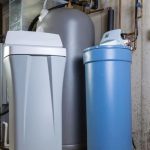


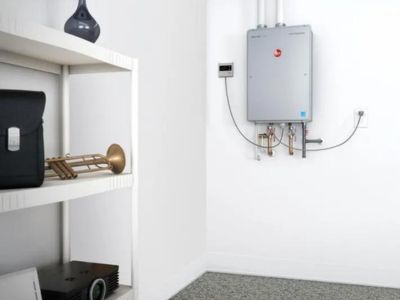 Because
Because 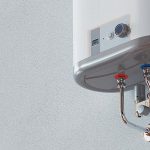
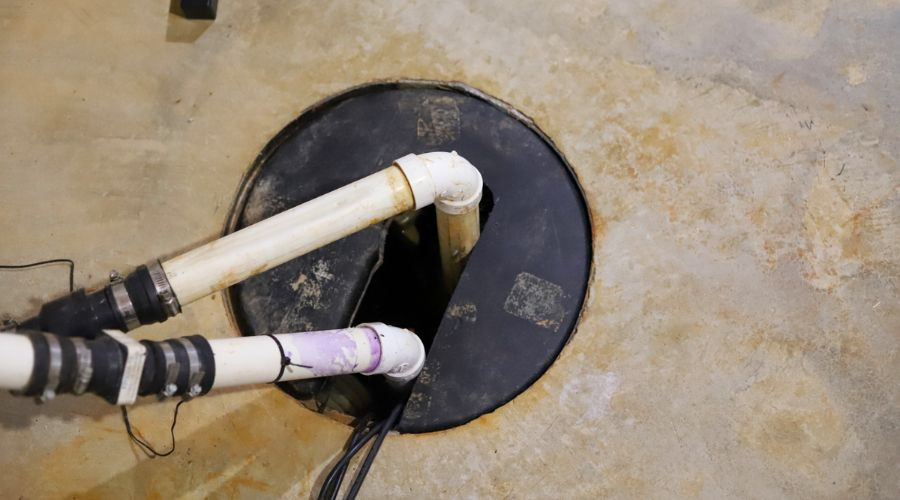
 Most homes will require a primary sump pump that becomes operational when excess water is detected. The
Most homes will require a primary sump pump that becomes operational when excess water is detected. The 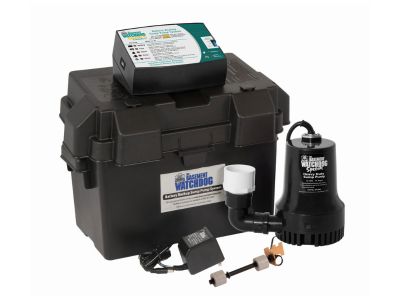 Most primary sump pumps do an adequate job of pumping out water and preventing
Most primary sump pumps do an adequate job of pumping out water and preventing 

 Pipes exposed to freezing temperatures can freeze. This prevents water from flowing through the pipes, causing a loss of water to whatever fixtures the frozen pipe feeds. However, the main danger of frozen pipes is the damage they can cause. As water freezes in pipes, it expands, putting tremendous pressure on the walls of the pipes. Plastic and metal pipes can succumb to the pressure and burst or crack and leak.
Pipes exposed to freezing temperatures can freeze. This prevents water from flowing through the pipes, causing a loss of water to whatever fixtures the frozen pipe feeds. However, the main danger of frozen pipes is the damage they can cause. As water freezes in pipes, it expands, putting tremendous pressure on the walls of the pipes. Plastic and metal pipes can succumb to the pressure and burst or crack and leak. 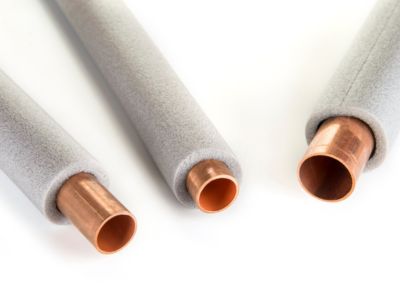 Instead of risking substantial water and repair bills, take steps to prevent frozen pipes. The best thing a homeowner can do to avoid frozen, and burst pipes is to ensure that vulnerable piping is insulated. Homeowners can install insulation on pipes, but a local plumber can help by inspecting the plumbing to find lines that are more likely to freeze. Then, the pipes can be protected using pipe insulation.
Instead of risking substantial water and repair bills, take steps to prevent frozen pipes. The best thing a homeowner can do to avoid frozen, and burst pipes is to ensure that vulnerable piping is insulated. Homeowners can install insulation on pipes, but a local plumber can help by inspecting the plumbing to find lines that are more likely to freeze. Then, the pipes can be protected using pipe insulation. 
